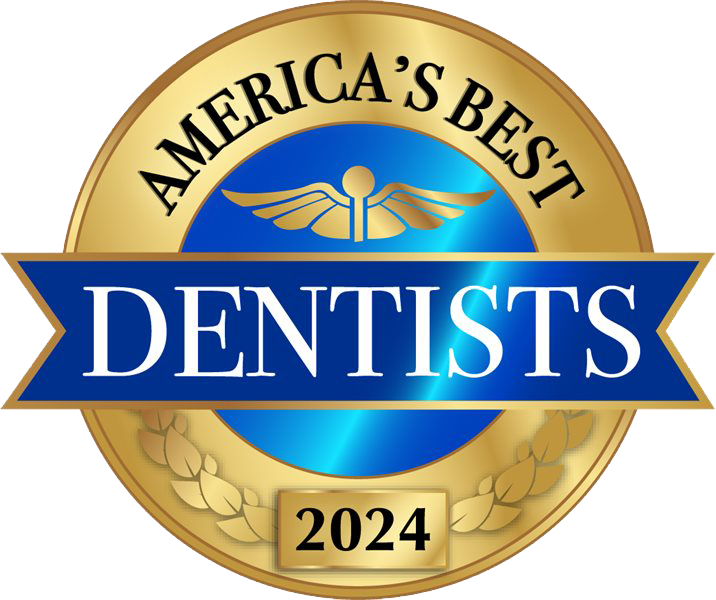Why Am I Grinding My Teeth?
Cherrywood Dental • February 18, 2018
Teeth grinding is an involuntary habit which causes destructive effects in the mouth as well as other facial structures, and it is a condition that affects individuals at any age. People are often made aware of the fact that they are grinding their teeth in different ways, whether it’s by being told by your partner, your dentist noticing signs of damage, or by catching yourself mid-clench in the car or during a stressful situation.
To be able to successfully manage teeth grinding, the first step is to figure out the cause.
Possible Reasons You’re Grinding Your Teeth
Stress and Anxiety.
The most common cause of teeth grinding is stress and anxiety. A person who is constantly stressed and is often put in a stressful state manifests their stress during sleep. The over-activity of the muscles in your jaw cause you to unintentionally clench and grind your teeth together without you even realizing you’re doing it.
Sleeping Disorders.
Sleeping disorders such as sleep apnea are often found to be associated and related to teeth grinding in patients. Studies have shown that those who suffer from various types of sleep disorders are at a higher risk of developing the habit of teeth grinding.
Side Effects of Certain Medications.
Teeth grinding is a known side effect of medications that patients take for psychotropic drugs including antidepressants and antipsychotics. Teeth grinding can also be one of the side effects of a digestive issue.
Uneven Bite.
When a patient loses a tooth or is missing teeth, migration of the teeth changes the way a patient bites down causing an uneven alignment. An uneven bite destabilizes the occlusion of the jaw, bringing considerable stress that causes one to grind their teeth.
Long-Term Side Effects of Bruxism
Long-term effects of grinding your teeth come when the short-term effects are not given remedies. People with severe Bruxism often suffer from:
- Migraines
- Facial muscles that are taut and tight around the jaw area
- Popping or clicking of the jaw
- Tooth loss
- Tooth wear
Can I stop grinding my teeth on my own?
If you think you grind your teeth, the first step is to see a dentist who can check your symptoms and look for typical wear spots on your teeth to indicate if you are in fact suffering from Bruxism.
Your dentist will more than likely recommend a mouthguard that is made of a soft moulded plastic that fits over your teeth while you sleep to protect them from the effects of grinding.
While a mouthguard will help to reduce the effects on your teeth from grinding, it will not make the habit go away. If you’re grinding your teeth from stress or anxiety, seeking counseling or stress-management services may be a way for you to treat underlying drivers behind your bruxism.
When to See a Professional
Teeth grinding can cause different symptoms including facial pain, headaches, and abnormal tooth wear. If you notice any of these symptoms, schedule an appointment with your dentist to have your teeth evaluated before you cause permanent damage.
Possible symptoms of teeth grinding include:
- Headaches
- Facial muscle pain
- Earaches
- Tightness and stiffness in the shoulders
- Pain and stiffness in the jaw joint
- Disruption of sleep for either you or your partner
- Worn teeth
- Increased tooth sensitivity
- Tooth loss
- Gum inflammation or receding gums
- Loose teeth
- Difficulty opening your mouth
Making an appointment and talking with your dentist will help you work out the possible causes of why you’re grinding your teeth, and together we can create an appropriate treatment plan. Schedule a consultation with Cherrywood Dental Associates to help manage your stress and keep your teeth healthy.



